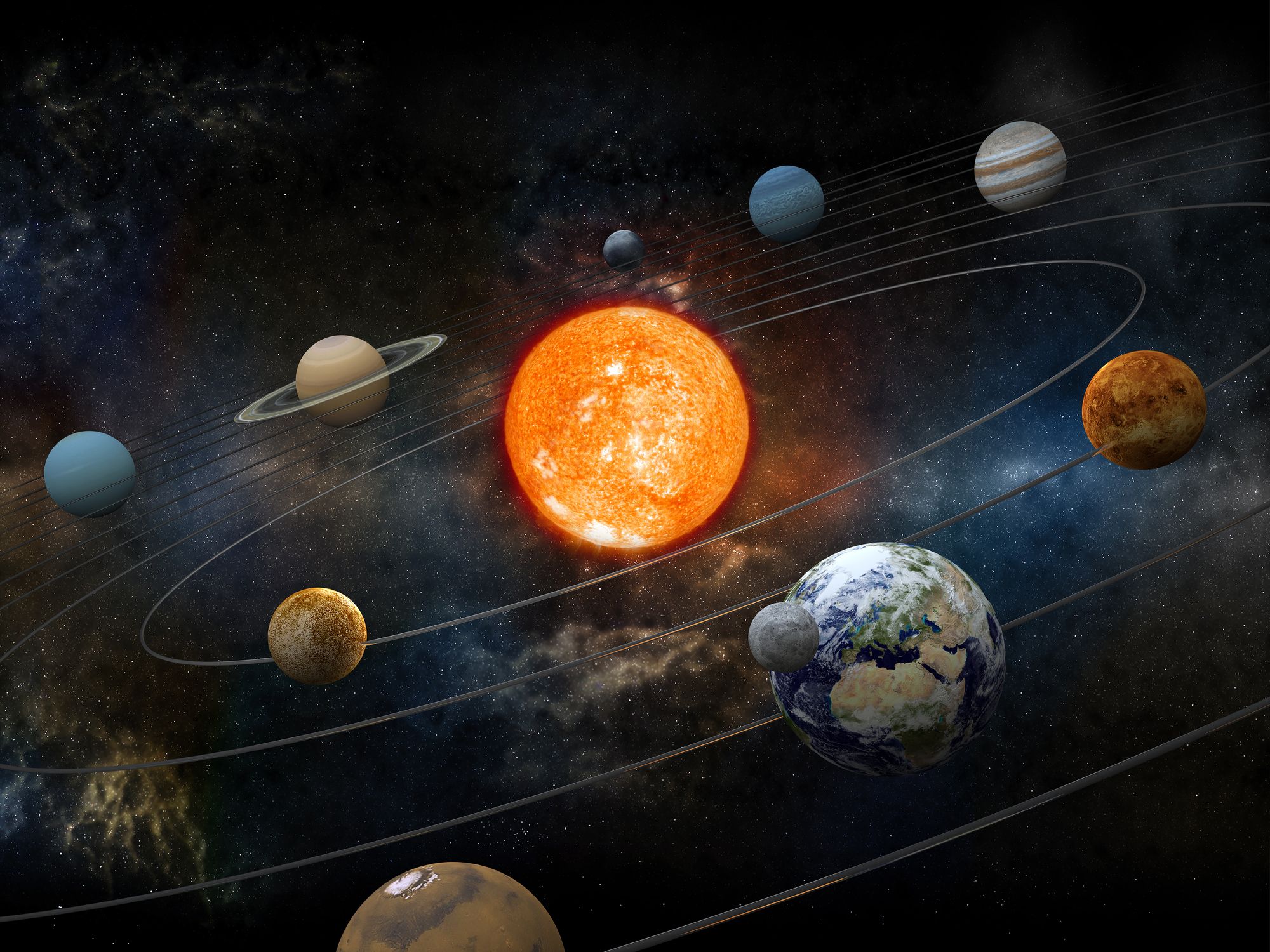"It would raise eyebrows outside the space industry. And it even raises eyebrows inside the space industry."
The co-founder of the company behind the Titan submersible disaster is planning to send 1,000 people to Venus.
Just weeks after the deaths of the five OceanGate Titan passengers in a doomed mission to visit the wreckage of the Titanic – including the company’s CEO Stockton Rush - the latter's former colleague Guillermo Söhnlein has told
Insider of his ambitious new exploration plans for space.
Rush, 61, British billionaire Hamish Harding, 58, French navy veteran Paul-Henri Nargeolet, 77, and British-Pakistani businessman Shahzada Dawood, 48, and the latter's son Suleman, 19, were all killed in the Titan tragedy when the submersible suffered a
“catastrophic implosion”.
Söhnlein - who co-founded OceanGate with Rush in 2009 but left the company in 2013 - says he now wants to see 1,000 people living on a floating colony on Venus, the hottest planet in the solar system, by 2050. Speaking about this plan, he told Insider that he thinks it is “less aspirational than putting a million people on the Martian surface by 2050”.
 Venus is the hottest planet in the solar system
Venus is the hottest planet in the solar system
The OceanGate co-founder also said he is undeterred by the Titan tragedy, claiming that humanity needs to continue pushing the limits of innovation.
“It would raise eyebrows outside the space industry. And it even raises eyebrows inside the space industry," Söhnlein explained.
“I think I’ve been driven to help make humanity a multi-planet species since I was 11 years old, I had this recurring dream of being the commander of the first Martian colony.”
SpaceX boss, Elon Musk, has similar ambitions for Mars, but Venus is one of the least hospitable planets in the solar system.
The hottest of the eight planets that orbit the sun, Venus has an especially thick carbon dioxide atmosphere, as well as clouds of sulfuric acid.
Regardless, Söhnlein thinks his plan is “very doable” and that a floating space station could withstand the harsh conditions.
According to the businessman, research suggests that there is a sliver of Venus' atmosphere about 30 miles from the surface where temperatures are lower and pressure is less intense, meaning humans could theoretically survive.
Söhnlein’s Humans2Venus project has been co-founded with researcher Khalid Al-Ali and aims to develop new concepts and ideas that would overcome commercial barriers to putting humans on the planet.
You can read the Insider report
right here.
Read more:



 Venus is the hottest planet in the solar system
Venus is the hottest planet in the solar system